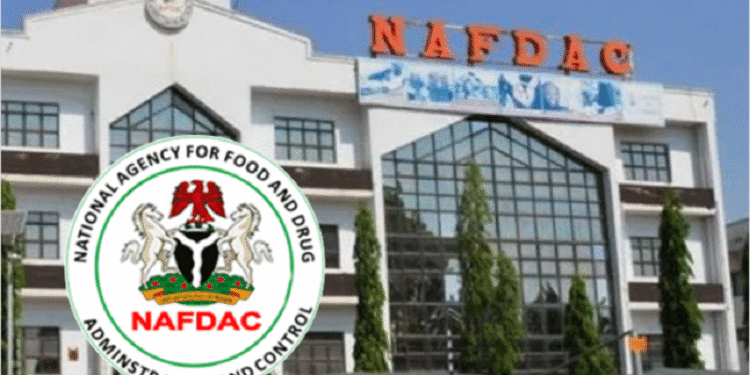The National Agency for Food and Drug Administration and Control has moved to reassure Nigerian consumers about the safety of genetically modified foods, emphasizing that such products pose no health risks when subjected to appropriate testing and regulatory oversight.
NAFDAC Director-General Professor Mojisola Adeyeye addressed widespread public concerns during a television appearance on Channels TV’s Sunrise Daily program Thursday, attributing much of the anxiety surrounding GMO products to misinformation and inadequate understanding of food safety protocols.
The pharmaceutics professor explained that NAFDAC maintains strict collaboration with the National Biosafety Management Agency to ensure comprehensive evaluation of all genetically modified food items before they receive approval for Nigerian markets. She stressed that safety outcomes depend primarily on the specific type of food and adherence to established safety protocols rather than genetic modification itself.
Professor Adeyeye emphasized the critical importance of proper food labeling in empowering consumers to make informed purchasing decisions. She revealed her personal practice of carefully examining product labels to verify NAFDAC certification and clear identification of genetically modified content, describing herself as someone who prioritizes foods that contribute to positive health outcomes.
The NAFDAC chief explained that effective labeling systems allow consumers to distinguish between organic and non-organic food options, enabling individual choice based on personal preferences and dietary requirements. She noted that transparency in product identification represents a fundamental consumer right that regulatory agencies must protect.
Regarding the approval process, Professor Adeyeye clarified that NAFDAC cannot authorize GMO foods for public consumption without prior certification from NBMA, which conducts specialized technical evaluations to verify safety standards. This collaborative approach ensures multiple layers of scrutiny before genetically modified products reach Nigerian consumers.
The director-general acknowledged that additional regulatory bodies at state levels contribute to food safety monitoring in local markets, while NAFDAC maintains primary responsibility for quality control, safety verification, and certification of food and pharmaceutical products nationwide.
Her statements respond to intensifying public debate about food quality standards across Nigerian markets, particularly regarding products suspected of genetic modification. Social media discussions and public commentary have increased scrutiny of food safety practices and regulatory effectiveness.
The National Biotechnology Research and Development Agency recently supported NAFDAC’s position, with Director-General Dr. Abdullahi Mustapha arguing that biotechnology remains essential for addressing Nigeria’s food security challenges and agricultural development needs.
NAFDAC continues urging Nigerian consumers to maintain vigilance by reading product labels carefully and purchasing only certified brands that comply with approved safety guidelines, reaffirming that public health protection remains the agency’s paramount concern.



















